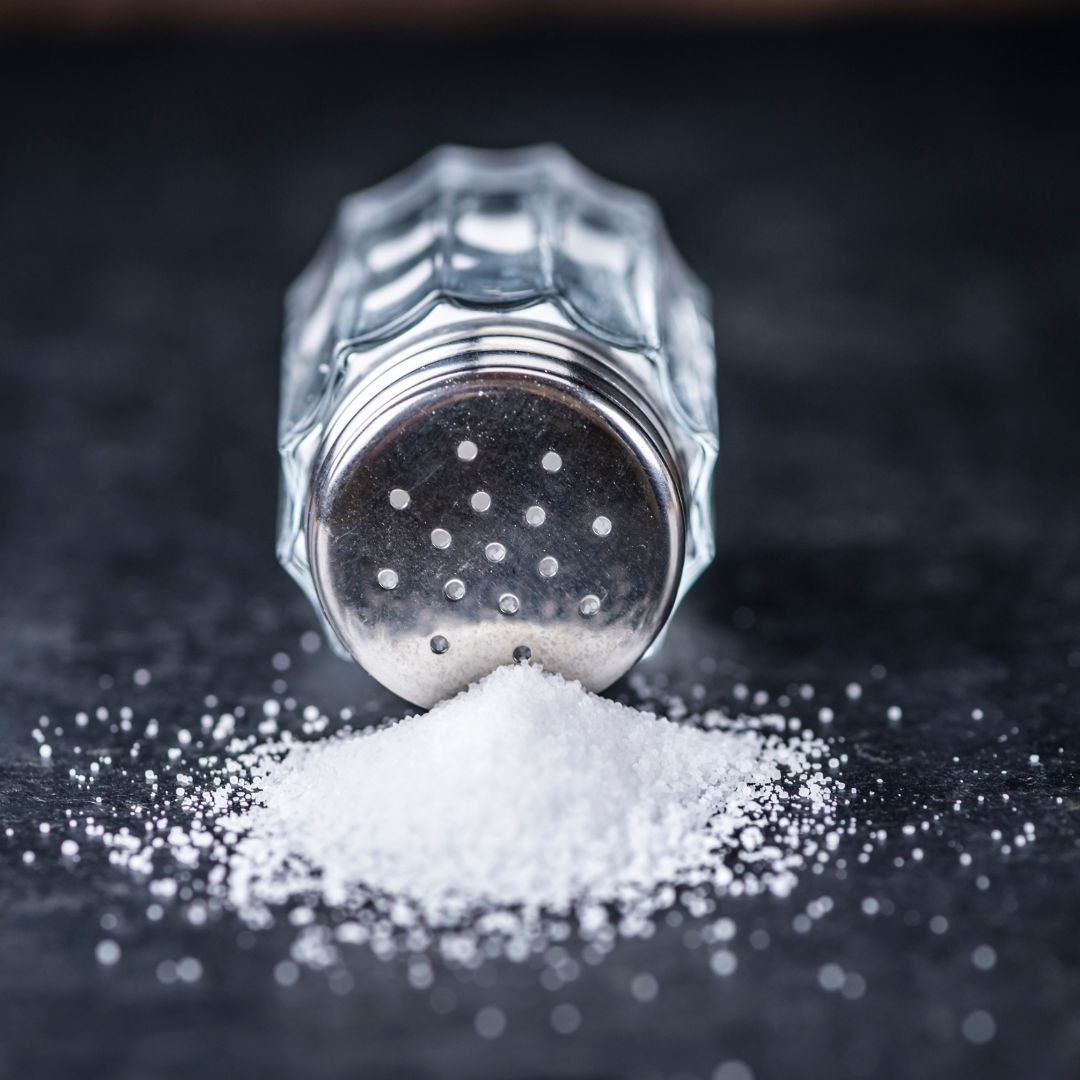Sodium plays several key roles for athletes, especially in supporting performance and maintaining health during physical activity:
1. Fluid Balance and Hydration: Sodium helps regulate the body's fluid levels by controlling the movement of water in and out of cells. This is essential for athletes because they lose fluids and electrolytes, including sodium, through sweat during exercise. Proper sodium intake helps prevent dehydration, which can lead to a decline in performance and increase the risk of heat-related issues like heat exhaustion.
2. Muscle Function and Cramps Prevention: Sodium is crucial for muscle contractions, including those of the heart and skeletal muscles. It facilitates the transmission of electrical signals between nerves and muscles. Low sodium levels can lead to muscle cramps or spasms, which is common during endurance events or high-intensity workouts when sodium is lost through sweat.
3. Electrolyte Balance: Along with potassium, sodium is a key electrolyte that helps maintain a balance of electrical charges across cell membranes. This balance is critical for nerve signal transmission and overall muscle coordination, both of which are essential for athletic performance.
4. Blood Pressure and Circulation: Sodium helps maintain blood volume and pressure, ensuring that muscles and organs receive adequate blood flow during exercise. For athletes, proper blood circulation is important for delivering oxygen and nutrients to muscles during workouts or competitions, which enhances endurance and performance.
In summary, sodium is vital for hydration, muscle function, and maintaining electrolyte balance, making it an important nutrient for athletes, especially during prolonged or intense physical activity.
1. Fluid Balance and Hydration: Sodium helps regulate the body's fluid levels by controlling the movement of water in and out of cells. This is essential for athletes because they lose fluids and electrolytes, including sodium, through sweat during exercise. Proper sodium intake helps prevent dehydration, which can lead to a decline in performance and increase the risk of heat-related issues like heat exhaustion.
2. Muscle Function and Cramps Prevention: Sodium is crucial for muscle contractions, including those of the heart and skeletal muscles. It facilitates the transmission of electrical signals between nerves and muscles. Low sodium levels can lead to muscle cramps or spasms, which is common during endurance events or high-intensity workouts when sodium is lost through sweat.
3. Electrolyte Balance: Along with potassium, sodium is a key electrolyte that helps maintain a balance of electrical charges across cell membranes. This balance is critical for nerve signal transmission and overall muscle coordination, both of which are essential for athletic performance.
4. Blood Pressure and Circulation: Sodium helps maintain blood volume and pressure, ensuring that muscles and organs receive adequate blood flow during exercise. For athletes, proper blood circulation is important for delivering oxygen and nutrients to muscles during workouts or competitions, which enhances endurance and performance.
In summary, sodium is vital for hydration, muscle function, and maintaining electrolyte balance, making it an important nutrient for athletes, especially during prolonged or intense physical activity.





Leave a comment
This site is protected by hCaptcha and the hCaptcha Privacy Policy and Terms of Service apply.